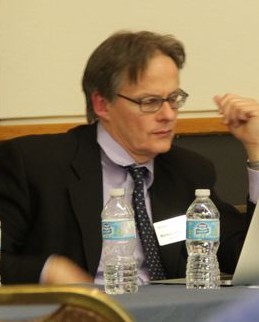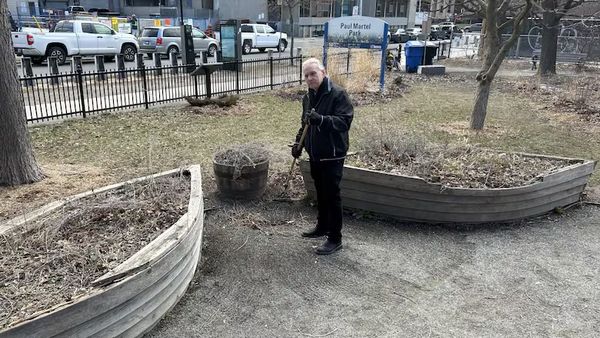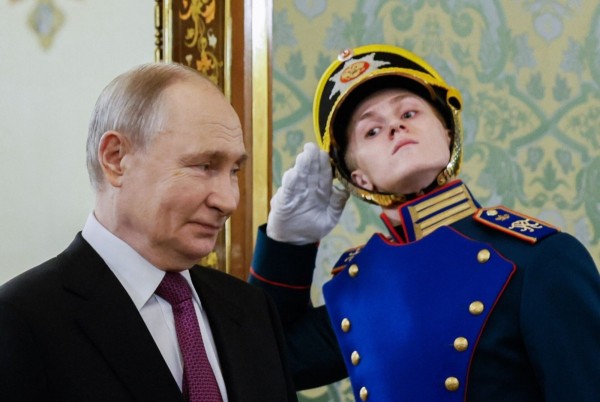
Markus Alliksaar
What brings this to my mind is Estonian House Vice President Veiko Parming’s article in Eesti Elu, dated Friday, Feb 9, entitled ‘Introductory Remarks at Community Information Session.’ In it, Veiko references three generations of Toronto Estonians as he advocates for the Madison Ave Project. First, he describes the advantages that the proposed community center will bring to his generation. He calls it “a modern building for a modern generation.” This is important “if our community is going to last for generations still, it will be because being Estonian appeals to them in a way that is new and different.” At the Jan 31 information session and again at the Feb 13 Special Shareholder meeting he referred to his cohort as the “Uber generation,” presumably because they are less likely to own a car and more likely to live along public transportation corridors than older generations. With regard to the baby boomer generation, he states that the project is viable partly because “we still have a boomer generation that brings enthusiasm and experience.” As far as the older generation of Estonians are concerned (his grandparents’ generation and my parent’s generation), he speaks touchingly about them, referring to them as “real Eestlased.” He clearly admires them.
Advertisement / Reklaam
Advertisement / Reklaam
Here’s the problem with Veiko’s rundown. While for his generation, he describes the advantages that the Madison Ave project will bring to them, for the baby boomers he only describes what way they can contribute to the project but lists no advantages that the project will have for them. And for the ‘real Eestlaste’ generation, no benefits or responsibilities at all are listed. For instance, what provision is being made to accommodate the Pensioners Club? This is left unstated.The conceptual problem with this line of thinking is that it divides the Toronto Estonian community into groups. For instance, Veiko states that “it is my hope to hear first and foremost from those people in the middle.” A logical consequence of this sentence is that there are two other groups of people, presumably those who inhabit ‘the extremes,’ with whom he is less keen on speaking to. For those keeping score, that’s a total of six groups of people referenced in one article. The problem is that when leaders start thinking about their community in terms of groups, community members will soon begin to act like group members rather than members of the community as a whole. The result will be a collection of subgroups walled off from one another.
The mark of a fair decision-making process is when the people who did not prevail are able to concede that the process was fair and that their voice had been heard. But if the community leadership’s idea of prevailing in a decision-making process is to seek to convert the undecided group “in the middle” in order to prevail with raw numbers, the result might be decisive but it will not be a consensus. Instead, a bitter minority will have been created. The regrettable result will be rancor and division for years to come.
Instead of thinking about the Estonian House issue in terms of who benefits and who must contribute, we need to step back and remember what we are talking about – a community center. In a healthy community center, there is a place for everybody, from toddlers in kindergarten to our senior citizens. Everybody should feel welcome and all should feel that the center enriches their lives. Instead of just seeking to convert the undecided, community leaders should be talking to the people on the other side in order to seek consensus. A community center should unite the community instead of dividing it. This can only be achieved if the community leaders start thinking holistically.
Advertisement / Reklaam
Advertisement / Reklaam























